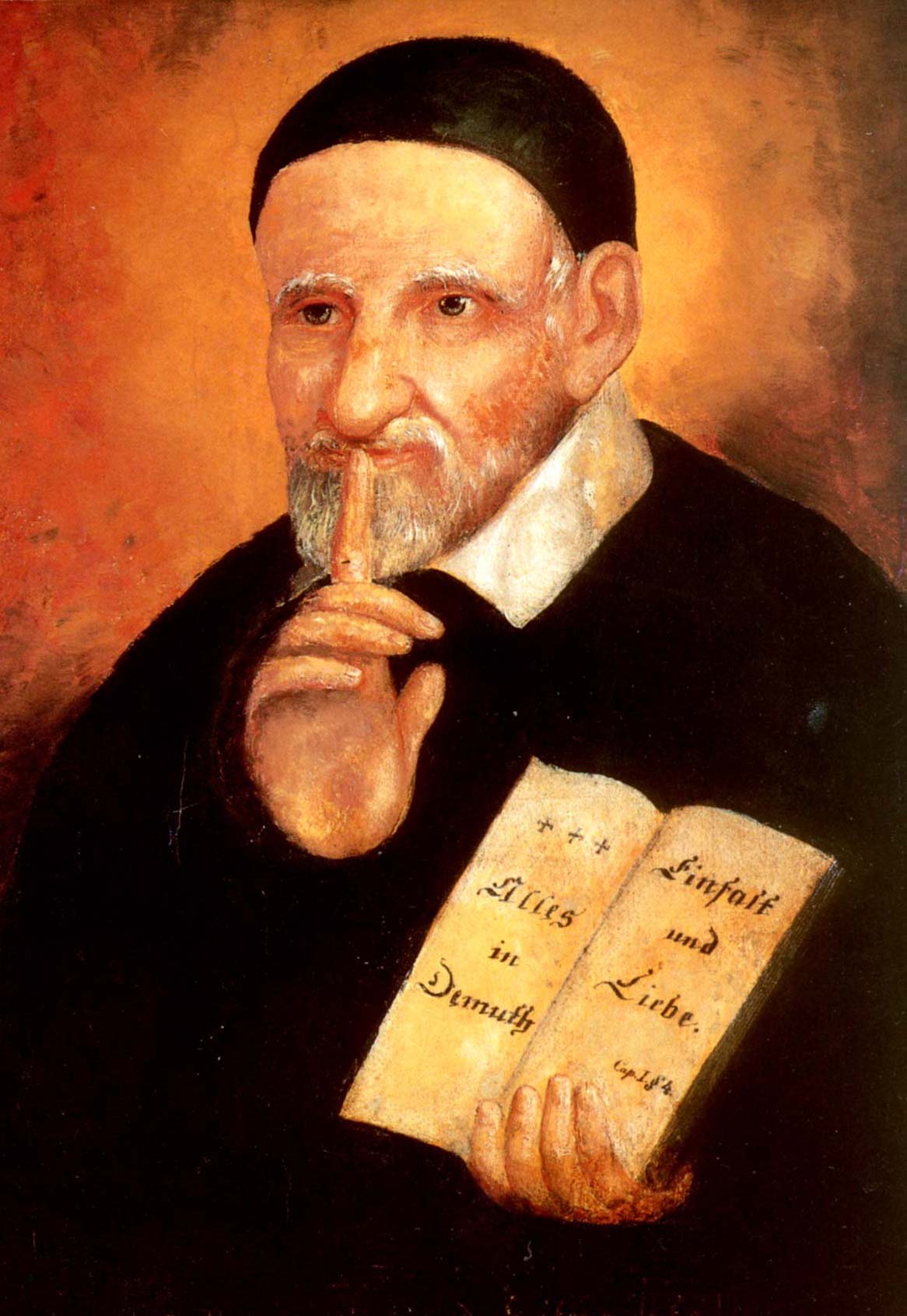
Students who are interested in learning more about the Vincentian mission can take a variety of courses focusing on leadership, heritage and history, and systemic change. The courses fulfill the Religious Dimensions Domain in the Liberal Studies program unless noted otherwise. Students should check the course
catalogue for course identification information before registering.
CTH 293 Notable Vincentian Women: Elizabeth Bayley Seton — ONLINE
Sr. Betty Ann McNeil
This course explores the life, mission, and legacy of Elizabeth Bayley Seton (1774–1821)—her unsettled childhood in a blended family, adolescent depression, romance and blissful marriage to William Magee Seton. After the birth of five children, bankruptcy, illness, and an anxious transatlantic voyage culminates in quarantine and widowhood. Altered by loss, the widow adapted her lifestyle, painstakingly examined her religious beliefs, and converted to Catholicism. Elizabeth Seton’s virtuous life of service resulted in her being proclaimed a Saint. In founding the Sisters of Charity in North America, Mother Seton modeled her sisterhood on the mission, spirit, and lifestyle of the Daughters of Charity, cofounded by Louise de Marillac and Vincent de Paul in seventeenth-century Paris.
CTH 290 Life and Times of Saint Vincent de Paul — ONLINE
Fr. Ed Udovic
Today, throughout the world, there are millions of people who seek to follow the example of “Saint” Vincent de Paul (1581–1660) and who thus consider themselves to be “Vincentians.” Together, these visionary women and men struggle, for the sake of the common good and their own faith, to increase the measure of charity and justice present both in their lives and in the “kingdom of God.” Their “Vincentian” values impel them in conscience to do this for the love of God, and in solidarity with their suffering “neighbors;” their brothers and sisters in Jesus Christ throughout the world who are abandoned, marginalized, oppressed, powerless and most in need.
CTH 292 Vincentian Leadership
Ms. Joyana Dvorak
This course explores Roman Catholic Social Thought through the lens of transformative models of Vincentian leadership. Students will delve into our rich Vincentian tradition by learning about a key group of founding Vincentian family members: Vincent de Paul, Louise de Marillac, Frederic Ozanam, Rosalie Rendu, and Elizabeth Ann Seton. The framing of each Vincentian leader will include the following: biographical and historical context; vocation and conversion moments; religious experience and spiritual practices; transformative leadership approaches engaged to respond to the signs and challenges of the times; and the enduring legacy. Students will connect the wisdom from these Vincentian leaders to their reading of the current signs of the times. The final project will ask students to apply wisdom cultivated from their exploration of Vincentian leadership and Catholic Social Thought to their lives from a service, leadership, and spiritual perspective.
CTH 226 Christian Mysticism, Literature, and Vincentian Spirituality
Fr. Chris Robinson
This course looks to examine the writings of Vincent de Paul and Louise de Marillac. This examination and analysis will take into account their historical context and cultural milieu. We will also study the overall theological implications of their literary work. In this course, we will examine a variety of genres of Christian mystical and spiritual writings of the late medieval period that influenced Vincent and Louise. The course will introduce students both to different types of literary genres and to essential ideas in Christian theology. These ideas include: prayer, conversion, sacraments, and the like. At the end of the course, participants will be able to identify and describe how Vincentian literature and content is distinct from other similar literary works of their time period.